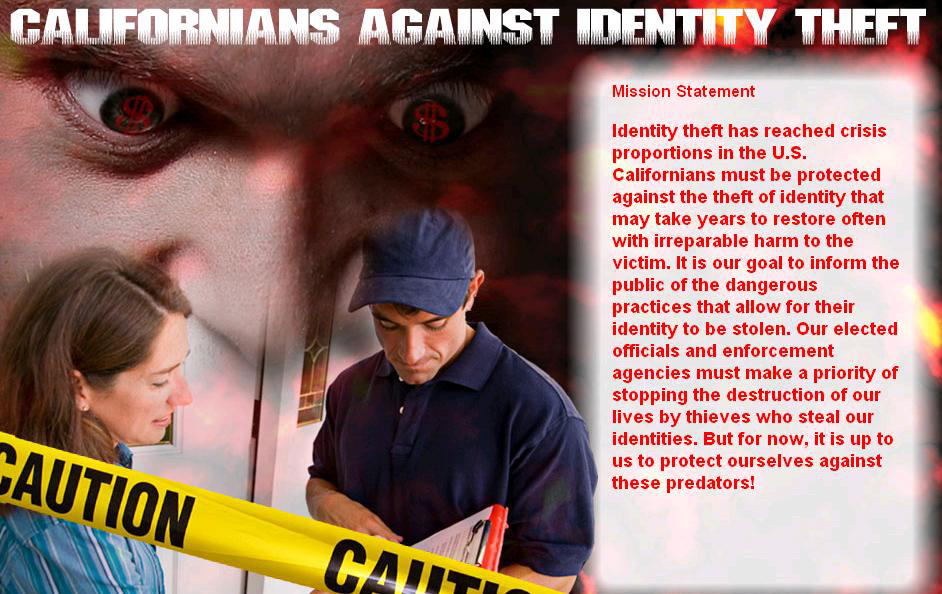fraud
Besides the “whodunnit” suspense surrounding the alleged forgery of Utah Supreme Court Justice Christine Durham’s name on a ballot initiative petition for an ethics reform law, unanswered questions include “who knew what” and “when did they know it.”
Just a few days before a Supreme Court hearing on issues to determine whether signatures should be allowed to count to get the initiative on the ballot, the Utah Attorney General’s Office filed a motion to have Durham recused because she had signed the petition.
Senate Bill 154 continued its march through the Oregon legislature this week, despite the protestations of prominent petition-rights supporters and citizen groups. The bill moved via a party-line vote of 16-14 in the Senate, with Democrats supporting and Republicans opposing the legislation.
SB 154 requires petition firms to register with the Secretary of State and also to sign a statement affirming that the firms will not break the law. The bill also forces initiative campaigns to have two representatives swear that the campaign has broken no law. The problem is that petition companies and initiative sponsors can then be prosecuted on a felony charge of “false swearing” if someone working for them does anything wrong, even through an innocent mistake.
Legislators in Missouri have passed and delivered to Governor Jay Nixon an initiative reform bill that increases penalties for fraud and forgeries on petitions, bans those convicted of fraud or forgery from circulating petitions, provides a time-limit on ballot title challenges (so that petitions cannot be held up indefinitely through litigation) and requires the Secretary of State to post the text and ballot titles of initiatives online (something the current Secretary of State has already begun doing).
“We’re trying to make sure that the signature gatherer isn’t a forger,” State Senator Scott Sifton, D-Affton, said.
The Oregon Senate on Tuesday voted to toughen the regulation of signature gathering firms, despite the objections of Republicans and other critics who charged that it could have a chilling effect on ballot measure campaigns.
Critics said that Senate Bill 154, which passed on a party-line vote of 16 to 14, could subject canvassing firms to potential criminal penalties for inadvertent errors involving election laws.
Supporters, including a spokesman for Secretary of State Kate Brown, said that the measure only subjected firms that gather voter signatures to the same regulations that individual canvassers and the chief petitioners of ballot measures already must meet.
When laws are broken, what’s the best response? Should we prosecute the law-breakers?
Or pass yet new laws?
Unfortunately, not a single “bad actor” has been prosecuted for any of the alleged acts of fraud. Not one. Instead, Arkansas legislators have proposed new laws to punish the good citizen seeking to take part in the political process right along with the bad actor.
An op-ed piece written by former North Dakota lieutenant-governor Lloyd Omdahl points to more attempts by state legislatures to throw up roadblocks to the initiative and referendum process. The legislature in the Roughrider State has proposed new provisions in the shape of HCR 3011.
 A shady group calling itself “Californians Against Identity Theft,” or CAIT, is spending big money trying to scare voters into giving up their petition rights. Â Radio ads broadcasting in the Sacramento area tell voters that signing an initiative or referendum petition could result in identity theft and claim that petition information is sent overseas.
A shady group calling itself “Californians Against Identity Theft,” or CAIT, is spending big money trying to scare voters into giving up their petition rights. Â Radio ads broadcasting in the Sacramento area tell voters that signing an initiative or referendum petition could result in identity theft and claim that petition information is sent overseas.
You can listen to the ad here (link to open/download MP3 from group website).
 Pete Peterson, Executive Director of the Davenport Institute for Public Engagement and Civic Leadership at Pepperdine University’s School of Public Policy, is the latest to join in the effort to convince California Gov. Jerry Brown to veto Senate Bill 168.
Pete Peterson, Executive Director of the Davenport Institute for Public Engagement and Civic Leadership at Pepperdine University’s School of Public Policy, is the latest to join in the effort to convince California Gov. Jerry Brown to veto Senate Bill 168.
 In recent years, widespread allegations of petition signature fraud have been used as justification for a number of legislative changes to the citizen initiative process. These changes have in turn sparked controversy, culminating in court challenges over regulations that initiative proponents contend are unconstitutionally restrictive.
In recent years, widespread allegations of petition signature fraud have been used as justification for a number of legislative changes to the citizen initiative process. These changes have in turn sparked controversy, culminating in court challenges over regulations that initiative proponents contend are unconstitutionally restrictive.
A proposed ballot initiative would guarantee Colorado workers a secret ballot in union elections. The measure is a response to proposed federal legislation that would eliminate secret ballot elections in favor of a “card check” system. Critics of the federal plan say that without a secret ballot workers would face intimidation from union leaders to join a union.
An Oregon editorial is calling for Governor Ted Kulongoski to veto a dangerous bill that recently passed the state legislature. House Bill 2005 imposes heavy fines that can be used to harass petition sponsors and will chill the petition process.
A petition drive for a ballot measure that would require voters to show a state-issued ID before voting will kick off statewide next month. Proponents are running the measure in response to the failure of a bill in the state House that would have created a voter ID requirement. Organizers will have one year to collect just over 90,000 valid signatures to place the measure on the 2010 ballot.